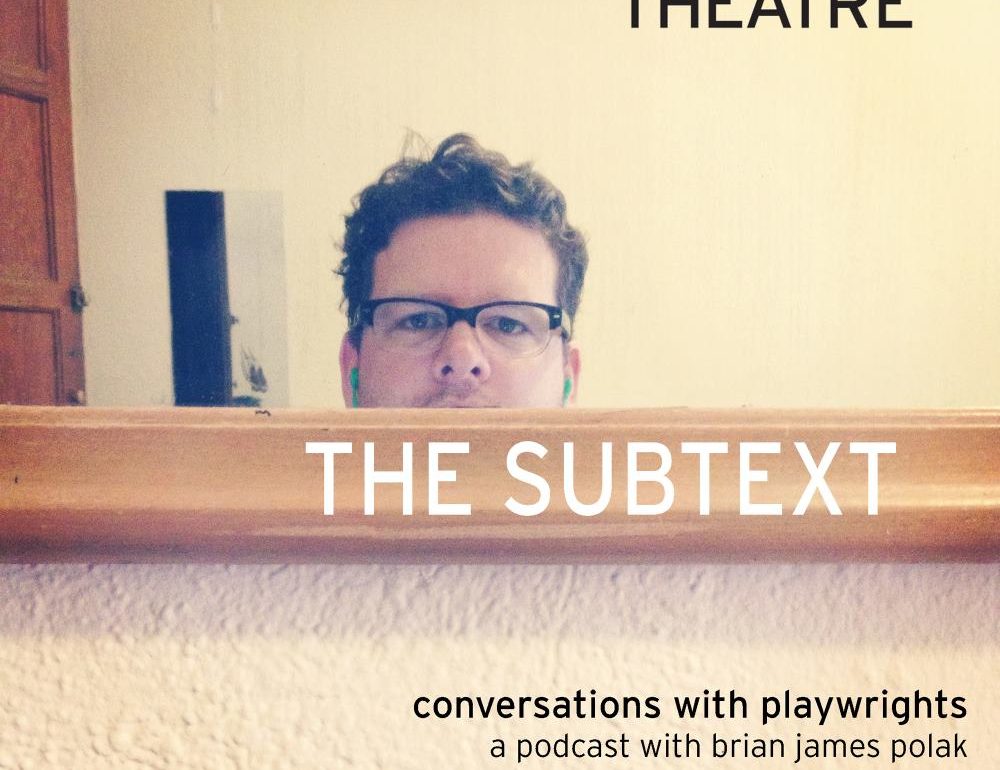
Each month Brian James Polak talks to a fellow playwright about the things usually left unsaid. In a conversation that dives into life’s muck, we learn what irks, agitates, motivates, inspires and—ultimately—what makes writers tick.
This month’s guest is Will Arbery, author of Plano and Heroes of the Fourth Turning. After realizing they were born in the same town (Nashua, N.H.), Will talks to Brian about the importance Kitchen Dog Theater played in his formative years. It was there where he saw plays by Zayd Dohrn and Tom Stoppard and began to be inspired by the theatre. His father, who occasionally worked as a theatre and film critic, also helped create Will’s lifelong obsession with film by showing him films like The Seven Samurai.
When he attend a young writers workshop at the University of Virginia as a senior in high school, it was the first time Will was exposed to the experiences of people his age who were more like him, so he set a course to find an undergraduate school suited for him. He admits it could be seen as an act of rebellion when he made the decision to not attend a Catholic college, as most of his siblings did. But the exposure to racism, homophobia, and misogyny in Texas drove his need to attend school elsewhere.
Once he graduated it was rough sailing. He left school and moved to New York City to become a playwright, but quickly learned he was incapable of being a person in the world without the structure of a formal education. An existential crisis soon followed, causing him to return home to find his feet under him once again.
Not one to say he has ever really got it all together—he admits he neglected to wear pants to his grad school interview—Will did settle into life as a playwright and theatremaker, as makeshift as that life was. Receiving his MFA from Northwestern and being invited into Clubbed Thumb’s young writers group set him up for the success he’s been having lately.
He finds his writing schedule to be “erratic,” and he goads himself to write by setting a series of “guilt traps” to keep him on point. Speaking of guilt, Will’s play Heroes of the Fourth Turning, about conservative Catholics arguing about politics and life, caused him some fear; he worried about presenting these characters nonjudgmentally for a New York audience that is not particularly conservative would. The play stirred controversy but also widespread praise. Will ultimately describes Heroes as an act of love rather than an act of empathy, and talks about the distinction.
Audio PlayerDownload the episode here.
Subscribe to the Subtext on iTunes, Stitcher, Google Play, TuneIn, or via its RSS feed.
Have thoughts to share? Email the podcast at TheSubtextPodcast@gmail.com or send a tweet to @SubtextPodcast.


